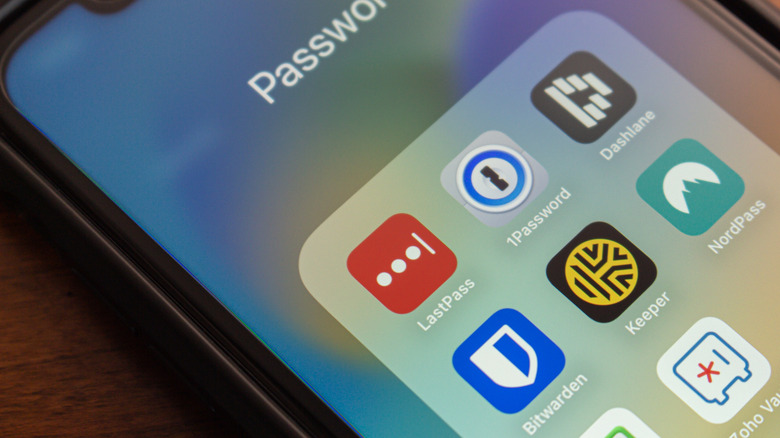5 Things You Should Never Keep In Cloud Storage
With cloud storage relatively affordable and most services offering generous free plans, it makes sense to back up your documents, photos, and other data online in case you lose the version stored on your computer or mobile device. For most not-so-savvy users, it's almost always the only backup strategy. However, while cloud storage is a convenient way to store your data, it's not the best solution for all types of files. Cybersecurity incidents are on the rise, and things are only going to get worse with hackers using artificial intelligence and vibe hacking becoming more popular. Everyone — from individuals to organizations — is being impacted.
While individuals only have to worry about phishing and social engineering attacks, large organizations face full-blown hacks and data breaches. So, it's not outside the realm of possibility that your cloud storage provider might get hacked, your account passwords might get exposed, or you might lose access to your accounts in a phishing attack. Therefore, it's essential to consider the potential risks before storing all your data in the cloud. Here are some examples of the types of data you should avoid keeping in cloud storage.
Explicit media and sensitive documents
It has just been 11 years since the infamous iCloud security breach in which over 250 accounts belonging to various high-profile celebrities were hacked, and their explicit and intimate pictures and videos were leaked online. This serves as a grim and permanent reminder that, no matter the brand name or security promise, if you put your most private moments in the cloud, you are one mishap away from massive public embarrassment. Therefore, it's best to store such media on physical drives or on your local machine.
Similarly, sensitive documents, such as financial information, medical data, personal identification, or any information that, if available to a malicious party, could be misused for identity fraud, extortion, or other nefarious purposes, are best kept away from the cloud. You risk handing criminals complete access to your identity. Instead, you can store personal documents on your phone in a hidden folder. This way, you can add an extra layer of protection.
Passwords, recovery codes, and encryption keys
An unencrypted master file of your passwords, recovery codes for two-factor authentication (2FA), encryption keys, and other security-related data should never be stored in a typical cloud storage solution. This is to prevent situations where your cloud account is compromised, allowing attackers to access all your passwords or 2FA recovery codes, which they can then use to gain control of all your accounts and services. If you want easy access to all your passwords, recovery codes, encryption keys, and similar data, it's best to use a reputable password manager, such as 1Password or Bitwarden.
They have much stronger security than a typical cloud storage service, and they encrypt all your data with sophisticated algorithms to safeguard it in the rare instance of a breach. Besides passwords and 2FA codes, most password managers can also store identification documents, bank account details, software licenses, crypto wallets, and more, making them a more versatile and secure alternative to a cloud storage platform.


